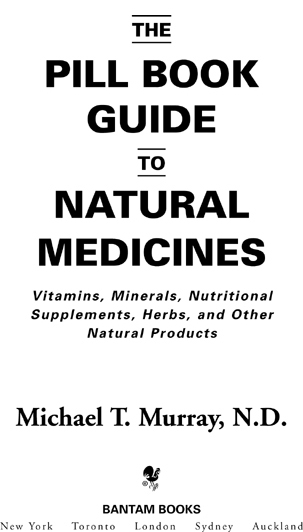YES. Black cohosh, sold as Remifemin, actually per-formed better than hormones in scientific testswith an A rating for safety.
YES. Citrus bioflavonoids rate an A for effectiveness as shown in double-blind studiesand get the highest safety rating.
YES. Take your pick from valerian (rated A for effectiveness), melatonin (B+), or 5-HTP (B+).
NO. It not only doesnt build muscle in those under thirty, it is HIGHLY dangerouseven though its natural!
This book is intended as a reference volume only, not as a medical manual or guide to self-treatment. If you suspect you have a medical problem, you are urged to seek competent medical help. The information here is intended to help you make informed decisions about the nutritional and herbal supplements you choose, not to substitute for any treatment that may have been prescribed by your physician. Please consult Responsible Self-Care on pages 1213 for additional cautions.
Introduction:
Natural Medicine Today
According to the 1999 Gallup Study of Vitamin Use in the United States, nearly one out of two adults (48 percent) now report current use of nutritional supplements, with 42 percent of the adult population taking three or more supplements daily. These numbers have increased by a third since 1993. Today, vast amounts of information on natural products are available from a variety of sources. But how reliable is this information? And even with the best information, consumers are often confused about how to make the best choices. This book is designed to make the process easier by providing answers to the key questions consumers have about the proper use of natural products. This book will provide you with the facts about the role of natural products in promoting health for you and your family. Youll find answers to help guide you to the proper use of products in the prevention and treatment of over one hundred common health conditions, from acne to varicose veins.
The Science of Natural Medicine
You may have noticed the designation N.D. after my name. The N.D. signifies that I am a naturopathic doctor. I am a graduate of Bastyr University in Seattle, Washington, and licensed in the State of Washington as a primary care physician. Naturopathic medicine is a system of medicine that emphasizes the use of natural, nontoxic therapies to prevent and treat disease and to promote optimal health. The scope of practice of an N.D. includes all aspects of family and primary care, from pediatrics to geriatrics, as well as the full range of human health conditions, including cancer. The natural products described in this book are the medicines that many naturopathic physicians rely on.
It occurred to me very early on in my educational process that if natural medicines are truly effective, their value should be evident in well-designed clinical studies. With that in mind I began a data-gathering process that continues to this day. Over the past twenty-plus years I have collected over fifty thousand articles from medical journals and other scientific literature that provide strong evidence of the effectiveness of diet, vitamins, minerals, glandular extracts, herbs, and other natural measures in the maintenance of health and the treatment of disease. It is from this constantly expanding database that I base my recommendations on health and healing. This database is also the basis for the rating scales for effectiveness and safety that are a prominent feature of this book. (See How to Use This Book for a complete explanation of the criteria.)
It gives me a sense of great pride that I have played a significant role in bringing many safe and effective natural products to America, including:
Ginkgo biloba extract
Glucosamine sulfate
Silymarin (milk thistle extract)
Enteric-coated peppermint oil
Saw palmetto berry extract
These natural products are now household names because of their ability to make a difference in the health of the people who take them. They are prime examples of natural products whose efficacy is clearly demonstrated by solid, clinically based evidence. Unfortunately, not all natural products have the level of scientific and clinical support that these products have. And not all natural products are safe and effective.
When people refer to me as an expert in alternative medicine, I usually correct them. I am a proponent of what I like to refer to as rational medicine, which combines the best of both conventional medicine and alternative methods. We have all been helped by the wonders of modern, high-tech medicine. It can make a life-or-death difference when heroic measures are needed. As far as improving our general level of health, however, I believe it is woefully deficient. Modern medicine fails us most in the treatment of chronic degenerative diseases such as heart disease, high blood pressure, arthritis, and diabetes. In many diseases, the natural approach is simply a much more rational approach. Rather than relying on drugs and surgery to suppress symptoms, I believe it makes more sense to use natural, noninvasive techniques whenever possible to promote health and healingespecially when studies indicate that adverse reactions to conventional medicines may be the fourth leading cause of death in America.
Using Natural Products as Drug Substitutes
To illustrate the use of natural products as an alternative to drugs, lets take a look at the use of glucosamine sulfate versus the drug approach to osteoarthritisthe most common form of arthritis. Osteoarthritis is characterized by a breakdown of cartilage. Cartilage plays an important role in joint function. Its gel-like nature protects the ends of joints by acting as a shock absorber. When this cartilage degenerates, it causes inflammation, pain, deformity, and limitation of motion in the joint.
The primary drugs used to treat osteoarthritis are the nonsteroidal anti-inflammatory drugs, or NSAIDs, including aspirin, ibuprofen (Advil, Motrin), naproxen (Aleve, Naprosyn), piroxicam (Feldene), and diclofenac (Voltaren). These drugs are used extensively in the United States, but research indicates that while they may produce short-term benefits in the treatment of osteoarthritis, some of these drugs actually accelerate the progression of joint destruction and cause more problems down the road. NSAIDs are also associated with side effects such as gastrointestinal upset, headaches, and dizziness.


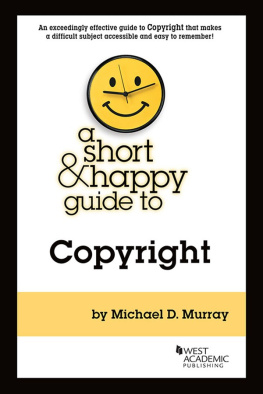
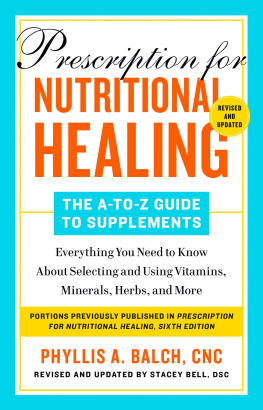
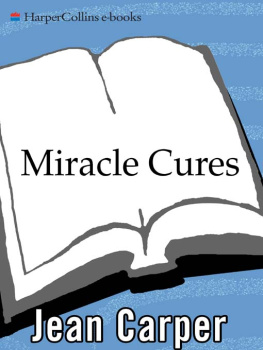
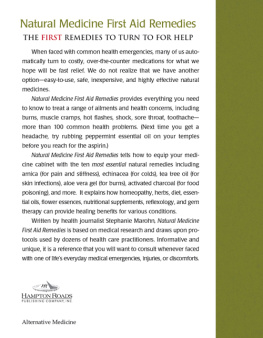
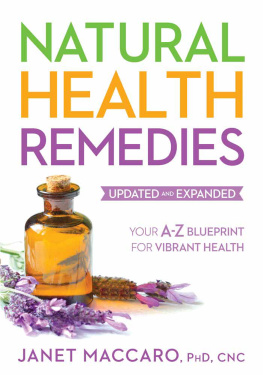
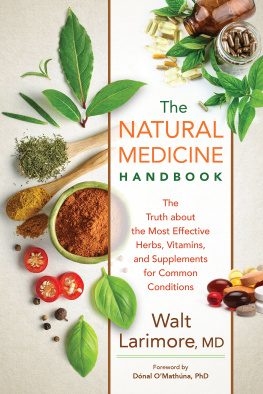

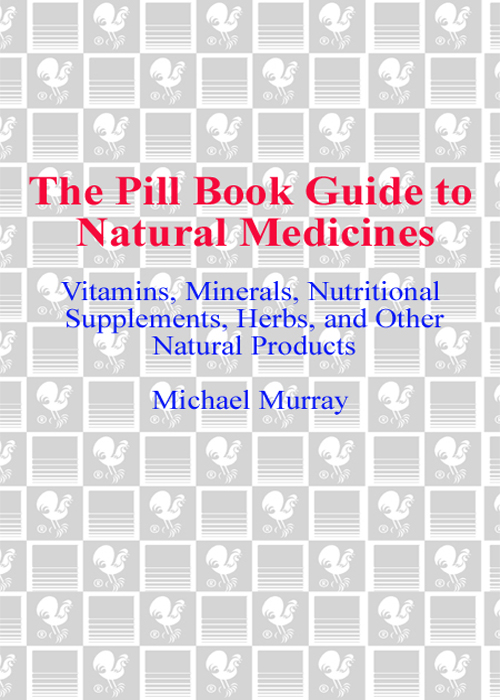
 Can you relieve symptoms of menopause without hormone replacement therapy?
Can you relieve symptoms of menopause without hormone replacement therapy?